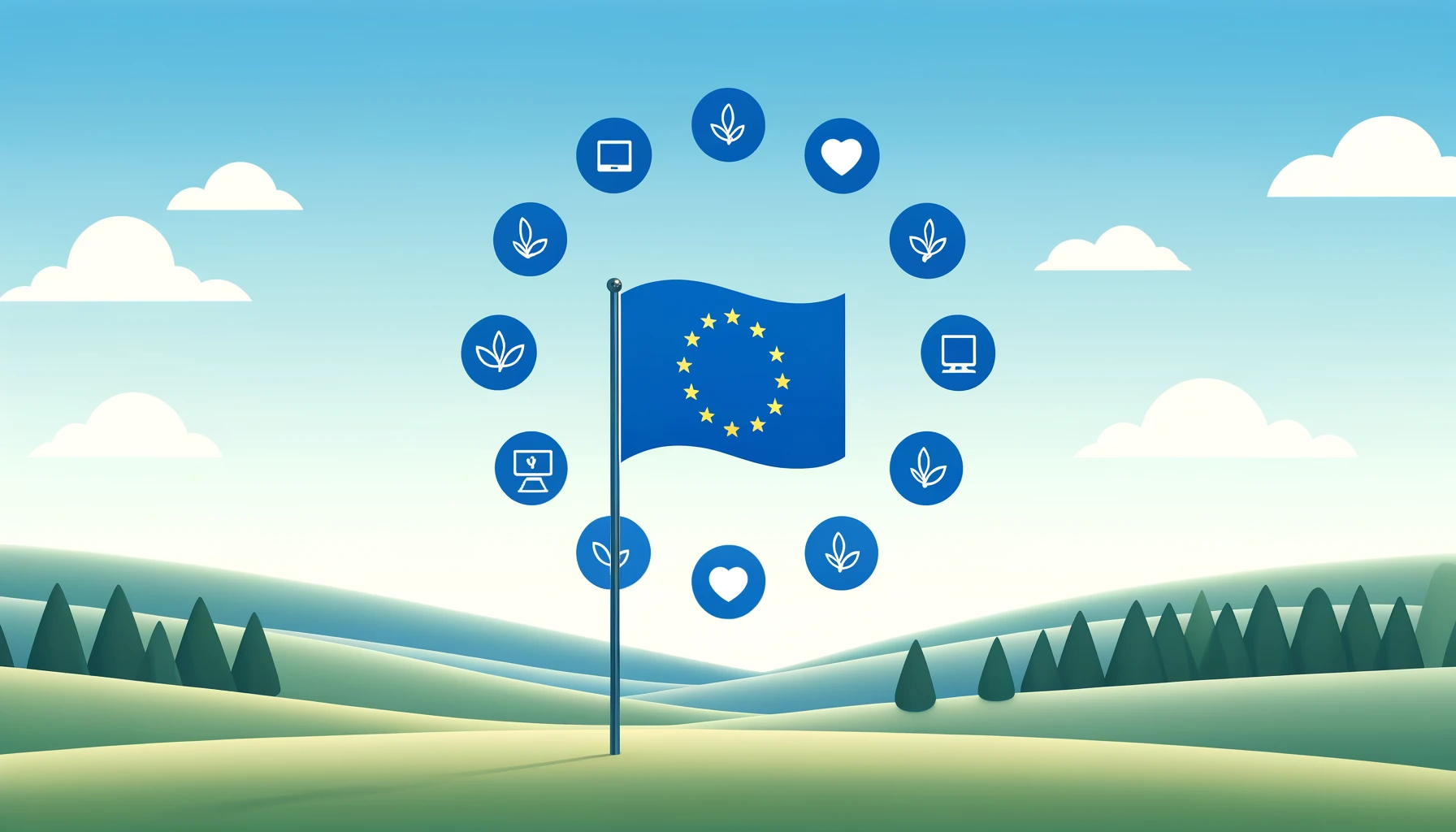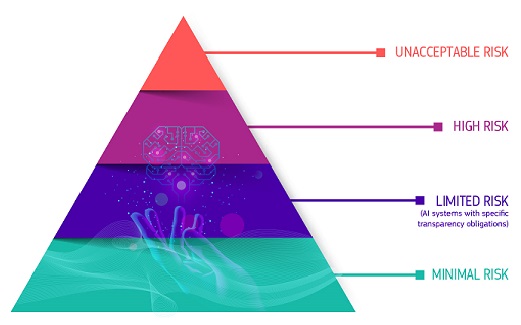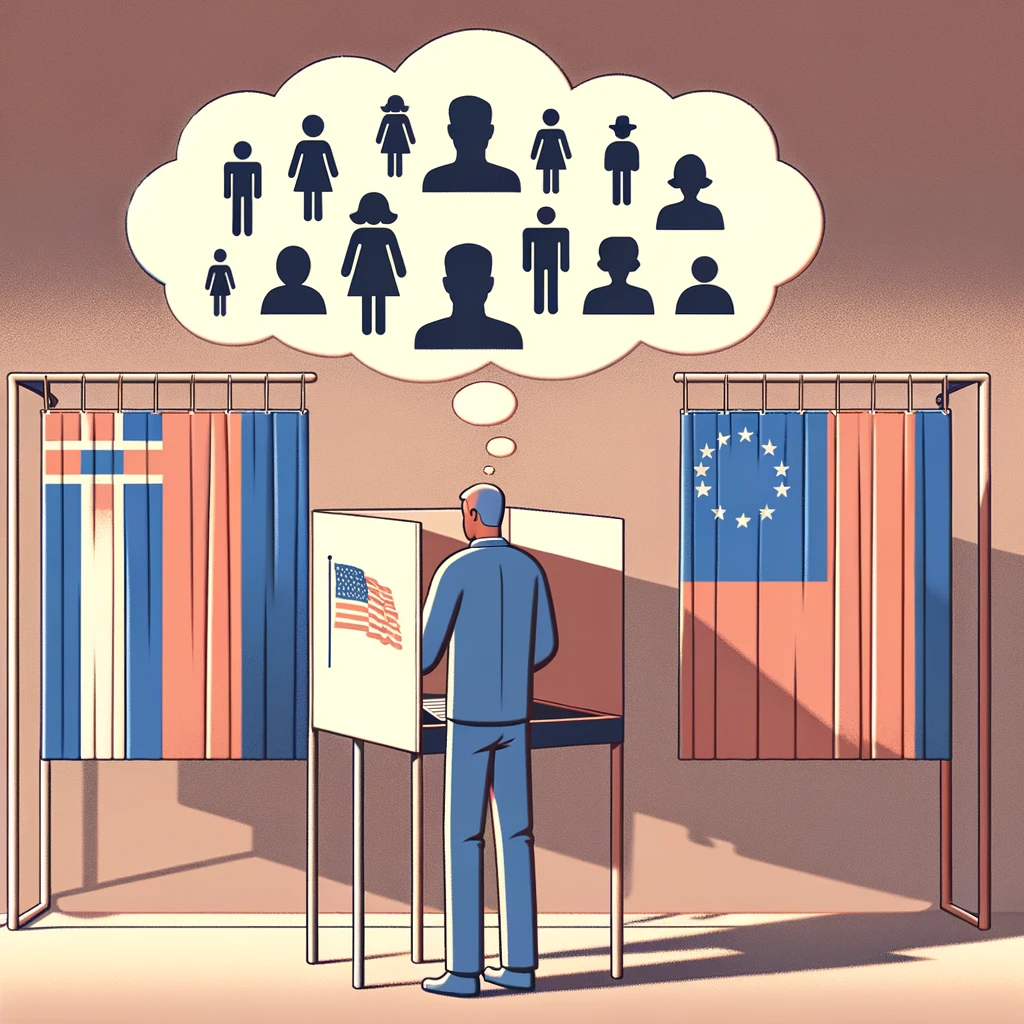A short history of anti-vaccination movements, anti-intellectualism and fake news.
In 1998, the now discredited Andrew Wakefield, then a British Doctor, published a study in the British medical journal The Lancet, claiming that there was a link between the MMR (Measles, Mumps and Rubella) vaccine and autism. This link has been thoroughly discredited, Wakefield’s study has been proven completely unreliable and unethical, and he himself has been struck off.
It is a lie that has persistently stuck around, however, to the point that measles outbreaks are beginning to pose a public health risk in Europe. For individuals with compromised immune systems, this is a real concern. The perceived health risks from vaccines have bloomed from fears of autism through to brain damage and childhood cancers, all part of a “Big Pharma” conspiracy to make us ill so we can pay them to make us well again.
Samuel Clemens said, “How easy it is to make people believe a lie, and how hard it is to undo that work again” in 1906, which is reassuring if only because it indicates a certain consistency of human nature. Because it is hard to convince someone they’ve believed a lie.
Ironically, there’s science behind this phenomenon. A 2014 study found that if you present evidence that that vaccines are not dangerous, for instance, by presenting believers with visceral images of children injured by measles, the believer actually becomes more entrenched in their belief. Similarly, if you call them “stupid”, or any variation thereof, they become more entrenched.
In fact, most evidence will simply trigger what is known as “Disconfirmation bias”, which is the mental gymnastics that enables individuals to reject information they don’t want to hear. This means that changing their minds is all-but impossible.
A 2018 Study found that there is no link between education and these beliefs. However, vaccine deniers are more likely to believe 9/11 was an inside job, Princess Diana was murdered, climate change is a myth, and the New World Order (not a boyband) are about to take over the world. And that shouldn’t be a surprise to anyone. The five tactics used by anti-vaxxers are commonly – conspiracy, selectivity (cherry-picking), fake experts, impossible expectations, and logical fallacies – all tactics used commonly on less progressive sides of political debate.
A 2017 Study into the vaccine debate, such as it was, on Twitter, found that 93% of tweets about vaccines are from accounts that are either bots or malicious individuals, a sizeable number of whom were found to be from Russia. What’s interesting about this is that those tweets were not simply advocating anti-vaxxer views – which would make sense from a cyberwarfare point of view: not only undermining trust in expertise and authority, it would also create a public health epidemic.
However, the bots sowed dissent on both sides of the debate – not only amplifying the argument to much greater proportions than in reality (since this is, effectively, a slightly overgrown fringe movement), it also sowed division. Many of the tweets came from the same organisations who sowed division in the Brexit and Trump debates. It seems that, if indeed there is a conspiracy to be found in this episode, it is that Russian interference on social media is designed to make us tear at each other, divide communities and create internal strife.
On which note, think, for a moment, about Brexit. In much of this article, you could replace “anti-vaxxer” with “Brexiteer” and the logic would still hold. Instead of “Big Pharma”, think, “European Commission”. Instead of “Wakefield”, think, “Farage”. The expectation of a childhood free of disease and autism can be replaced with the sunny uplands and free trade paradise. You can leave “Russian Interference” as it is.
So while even WHO recommendations say that you stand almost no chance changing an anti-vaxxer’s mind, should you even engage? Their advice – yes, but only in order to change the minds of the audience.
So you should debate these issues not with the expectation that you can change the mind of the believer, but so that their narrative is not the only one. In the great conversation taking place all the time in social media, it is important to counter false narratives and challenge disinformation. Huge swathes of society are not embedded on either side of the debate, and so it is for their benefit that lies must be challenged, before they too are lost to them. Better still, teach them media literacy skills so that they do not fall foul of lies and trickery in the first place.
Irony upon irony. In the epidemic of fake news – vaccination is better than cure.
On the understanding that you can’t convince the anti-vaxxers in your life, how’s about you just get them a vaccine for children in the Developing World for Christmas?
Do it through UNICEF here: https://market.unicef.org.uk/inspired-gifts/life-saving-vaccines/
A short history of anti-vaccination movements, anti-intellectualism and fake news.
In 1998, the now discredited Andrew Wakefield, then a British Doctor, published a study in the British medical journal The Lancet, claiming that there was a link between the MMR (Measles, Mumps and Rubella) vaccine and autism. This link has been thoroughly discredited, Wakefield’s study has been proven completely unreliable and unethical, and he himself has been struck off.
It is a lie that has persistently stuck around, however, to the point that measles outbreaks are beginning to pose a public health risk in Europe. For individuals with compromised immune systems, this is a real concern. The perceived health risks from vaccines have bloomed from fears of autism through to brain damage and childhood cancers, all part of a “Big Pharma” conspiracy to make us ill so we can pay them to make us well again.
Samuel Clemens said, “How easy it is to make people believe a lie, and how hard it is to undo that work again” in 1906, which is reassuring if only because it indicates a certain consistency of human nature. Because it is hard to convince someone they’ve believed a lie.
Ironically, there’s science behind this phenomenon. A 2014 study found that if you present evidence that that vaccines are not dangerous, for instance, by presenting believers with visceral images of children injured by measles, the believer actually becomes more entrenched in their belief. Similarly, if you call them “stupid”, or any variation thereof, they become more entrenched.
In fact, most evidence will simply trigger what is known as “Disconfirmation bias”, which is the mental gymnastics that enables individuals to reject information they don’t want to hear. This means that changing their minds is all-but impossible.
A 2018 Study found that there is no link between education and these beliefs. However, vaccine deniers are more likely to believe 9/11 was an inside job, Princess Diana was murdered, climate change is a myth, and the New World Order (not a boyband) are about to take over the world. And that shouldn’t be a surprise to anyone. The five tactics used by anti-vaxxers are commonly – conspiracy, selectivity (cherry-picking), fake experts, impossible expectations, and logical fallacies – all tactics used commonly on less progressive sides of political debate.
A 2017 Study into the vaccine debate, such as it was, on Twitter, found that 93% of tweets about vaccines are from accounts that are either bots or malicious individuals, a sizeable number of whom were found to be from Russia. What’s interesting about this is that those tweets were not simply advocating anti-vaxxer views – which would make sense from a cyberwarfare point of view: not only undermining trust in expertise and authority, it would also create a public health epidemic.
However, the bots sowed dissent on both sides of the debate – not only amplifying the argument to much greater proportions than in reality (since this is, effectively, a slightly overgrown fringe movement), it also sowed division. Many of the tweets came from the same organisations who sowed division in the Brexit and Trump debates. It seems that, if indeed there is a conspiracy to be found in this episode, it is that Russian interference on social media is designed to make us tear at each other, divide communities and create internal strife.
On which note, think, for a moment, about Brexit. In much of this article, you could replace “anti-vaxxer” with “Brexiteer” and the logic would still hold. Instead of “Big Pharma”, think, “European Commission”. Instead of “Wakefield”, think, “Farage”. The expectation of a childhood free of disease and autism can be replaced with the sunny uplands and free trade paradise. You can leave “Russian Interference” as it is.
So while even WHO recommendations say that you stand almost no chance changing an anti-vaxxer’s mind, should you even engage? Their advice – yes, but only in order to change the minds of the audience.
So you should debate these issues not with the expectation that you can change the mind of the believer, but so that their narrative is not the only one. In the great conversation taking place all the time in social media, it is important to counter false narratives and challenge disinformation. Huge swathes of society are not embedded on either side of the debate, and so it is for their benefit that lies must be challenged, before they too are lost to them. Better still, teach them media literacy skills so that they do not fall foul of lies and trickery in the first place.
Irony upon irony. In the epidemic of fake news – vaccination is better than cure.
On the understanding that you can’t convince the anti-vaxxers in your life, how’s about you just get them a vaccine for children in the Developing World for Christmas?
Do it through UNICEF here: https://market.unicef.org.uk/inspired-gifts/life-saving-vaccines/
A short history of anti-vaccination movements, anti-intellectualism and fake news.
In 1998, the now discredited Andrew Wakefield, then a British Doctor, published a study in the British medical journal The Lancet, claiming that there was a link between the MMR (Measles, Mumps and Rubella) vaccine and autism. This link has been thoroughly discredited, Wakefield’s study has been proven completely unreliable and unethical, and he himself has been struck off.
It is a lie that has persistently stuck around, however, to the point that measles outbreaks are beginning to pose a public health risk in Europe. For individuals with compromised immune systems, this is a real concern. The perceived health risks from vaccines have bloomed from fears of autism through to brain damage and childhood cancers, all part of a “Big Pharma” conspiracy to make us ill so we can pay them to make us well again.
Samuel Clemens said, “How easy it is to make people believe a lie, and how hard it is to undo that work again” in 1906, which is reassuring if only because it indicates a certain consistency of human nature. Because it is hard to convince someone they’ve believed a lie.
Ironically, there’s science behind this phenomenon. A 2014 study found that if you present evidence that that vaccines are not dangerous, for instance, by presenting believers with visceral images of children injured by measles, the believer actually becomes more entrenched in their belief. Similarly, if you call them “stupid”, or any variation thereof, they become more entrenched.
In fact, most evidence will simply trigger what is known as “Disconfirmation bias”, which is the mental gymnastics that enables individuals to reject information they don’t want to hear. This means that changing their minds is all-but impossible.
A 2018 Study found that there is no link between education and these beliefs. However, vaccine deniers are more likely to believe 9/11 was an inside job, Princess Diana was murdered, climate change is a myth, and the New World Order (not a boyband) are about to take over the world. And that shouldn’t be a surprise to anyone. The five tactics used by anti-vaxxers are commonly – conspiracy, selectivity (cherry-picking), fake experts, impossible expectations, and logical fallacies – all tactics used commonly on less progressive sides of political debate.
A 2017 Study into the vaccine debate, such as it was, on Twitter, found that 93% of tweets about vaccines are from accounts that are either bots or malicious individuals, a sizeable number of whom were found to be from Russia. What’s interesting about this is that those tweets were not simply advocating anti-vaxxer views – which would make sense from a cyberwarfare point of view: not only undermining trust in expertise and authority, it would also create a public health epidemic.
However, the bots sowed dissent on both sides of the debate – not only amplifying the argument to much greater proportions than in reality (since this is, effectively, a slightly overgrown fringe movement), it also sowed division. Many of the tweets came from the same organisations who sowed division in the Brexit and Trump debates. It seems that, if indeed there is a conspiracy to be found in this episode, it is that Russian interference on social media is designed to make us tear at each other, divide communities and create internal strife.
On which note, think, for a moment, about Brexit. In much of this article, you could replace “anti-vaxxer” with “Brexiteer” and the logic would still hold. Instead of “Big Pharma”, think, “European Commission”. Instead of “Wakefield”, think, “Farage”. The expectation of a childhood free of disease and autism can be replaced with the sunny uplands and free trade paradise. You can leave “Russian Interference” as it is.
So while even WHO recommendations say that you stand almost no chance changing an anti-vaxxer’s mind, should you even engage? Their advice – yes, but only in order to change the minds of the audience.
So you should debate these issues not with the expectation that you can change the mind of the believer, but so that their narrative is not the only one. In the great conversation taking place all the time in social media, it is important to counter false narratives and challenge disinformation. Huge swathes of society are not embedded on either side of the debate, and so it is for their benefit that lies must be challenged, before they too are lost to them. Better still, teach them media literacy skills so that they do not fall foul of lies and trickery in the first place.
Irony upon irony. In the epidemic of fake news – vaccination is better than cure.
On the understanding that you can’t convince the anti-vaxxers in your life, how’s about you just get them a vaccine for children in the Developing World for Christmas?
Do it through UNICEF here: https://market.unicef.org.uk/inspired-gifts/life-saving-vaccines/






















































































































































